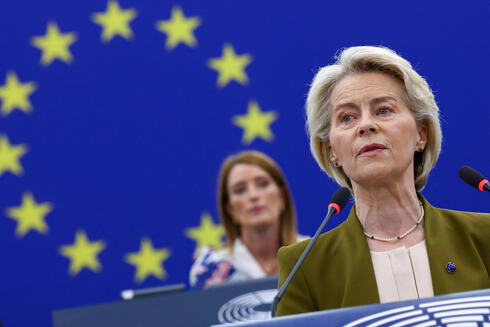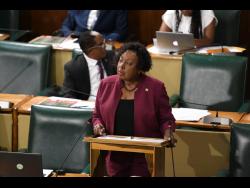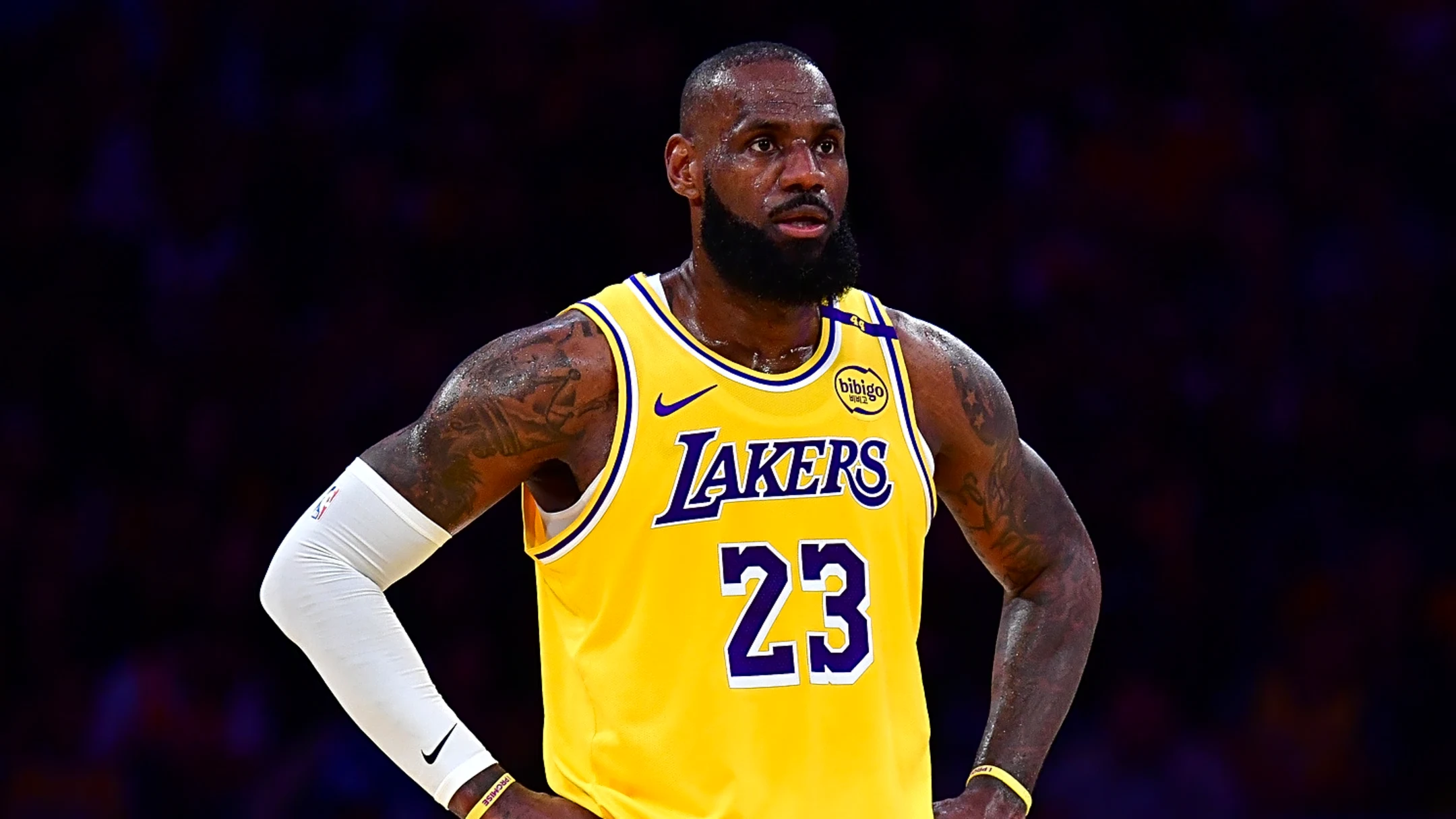EU Commission proposes suspending free-trade arrangements on Israeli exports in response to Gaza war
By Reuters
Copyright ynetnews

The European Commission on Wednesday proposed suspending a trade arrangement affecting about 5.8 billion euros ($6.87 billion) of Israeli exports due to the Gaza war, although the measure does not currently appear to have enough support among EU nations to pass. EU foreign policy chief Kaja Kallas also proposed a package of sanctions on two Israeli ministers, as well as “violent” Israeli settlers and 10 senior members of Palestinian terrorist group Hamas. The proposal to suspend trade provisions, advanced by European Commission President Ursula von der Leyen, followed a review of Israel’s compliance with Article 2 of the EU–Israel Association Agreement, which stipulates that relations must be based on respect for human rights and democratic principles. The Commission argued that Israeli government actions—including worsening humanitarian conditions in Gaza, blocking aid, expanding military operations and advancing settlement plans in the sensitive E1 area of the West Bank—“constitute a violation of this article and undermine the two-state solution.” If approved, the suspension would halt Israel’s preferential access to the EU market, meaning Israeli goods would face tariffs like those of countries without a free trade deal. The EU would also stop bilateral support for Israel, with exceptions for civil society and Yad Vashem, affecting future allocations for 2025–2027 and EU cooperation projects. The Commission’s package includes four legal measures: suspension of the trade benefits, nine proposed sanctions designations against far-right Israeli ministers and violent settlers under the EU’s Global Human Rights Sanctions Regime, and expanded listings against ten members of Hamas’ political bureau under the EU’s Hamas sanctions regime. The suspension of free-trade arrangements, first floated by European Commission President Ursula von der Leyen last week, would require the support of a qualified majority of EU governments – 15 out of 27 EU members representing 65% of the EU population, while sanctions require unanimous approval by the European Council.. EU diplomats told Reuters that it is unlikely that the proposal would get the necessary support, with much depending on Germany, which has so far been reluctant to impose EU penalties on Israel. “The horrifying events taking place in Gaza every day must stop. An immediate cease-fire is needed, free access for humanitarian aid and the release of all hostages held by Hamas,” Von der Leyen said. “The EU remains the largest provider of humanitarian aid and a strong supporter of the two-state solution. In light of serious developments in the West Bank, we are proposing to suspend trade benefits with Israel, impose sanctions on extremist ministers and violent settlers, and suspend bilateral support, without affecting our work with Israeli civil society or Yad Vashem.” Kallas added: “We all agree the situation in Gaza continues to deteriorate. We must use the tools available to us to pressure the Israeli government to change course. Suspending trade benefits and imposing sanctions on extremist ministers, violent settlers and Hamas operatives will send a strong message from the EU: this war must end, the suffering must stop and the hostages must be released. Let me be clear—the goal is not to punish Israel. The goal is to improve the humanitarian situation in Gaza.” The EU is Israel’s largest trading partner, accounting for 32% of Israel’s global goods trade in 2024. Total trade reached €42.6 billion, with €26.7 billion in imports from the EU and €15.9 billion in exports from Israel. Israeli Foreign Minister Gideon Sa’ar responded to the EU proposal. “The Commission’s recommendations, pushed by President von der Leyen, are morally and politically distorted,” he said. “Hopefully they will not be adopted, as has been the case until now. Moves against Israel will harm Europe’s own interests. Israel will continue to fight, with its European friends, attempts to harm it while it is engaged in an existential war. Steps taken against Israel will be met accordingly, and we hope it will not come to that.” Kallas argued on Tuesday that the measures would “signal to Israel the EU’s demands for an end to the war.” In parallel, Sa’ar sent a letter to von der Leyen ahead of the Commission’s debate, calling the proposal “an unprecedented move, never applied to any other country, and a clear attempt to harm Israel while we are still fighting a war imposed on us after the October 7 terror attack.” So far, the qualified majority has been blocked by Germany and Italy. But EU officials believe that as Israel presses forward with its Gaza campaign—and responds to European moves recognizing a Palestinian state with measures such as annexing West Bank territory or closing the French consulate in Jerusalem—the likelihood of securing the required majority will increase. Kallas noted that 37% of Israel–EU trade benefits from reduced tariffs under the association agreement, worth billions of euros. “This is a significant sum, and such a step will carry a high cost for Israel,” she told Euronews. While acknowledging passage is uncertain, she said: “We had very intensive discussions in the Foreign Affairs Council. If member states do not support these measures, they must propose alternatives.” Prime Minister Benjamin Netanyahu admitted earlier this week that Israel is facing growing diplomatic isolation due to the Gaza war. Speaking at the Accountant General’s Conference in Jerusalem, he said: “We will face certain barriers in global trade we are in a very challenging world. Muslims who immigrated to Europe have become a significant and vocal minority. This bends governments there on the Gaza issue, and they delegitimize Zionism.” In contrast to past remarks, Netanyahu explicitly acknowledged that Israel is in “a new and challenging diplomatic situation,” blaming the digital revolution. “Our rivals are exploiting it. China and Qatar are investing huge sums in artificial intelligence. They have more power than traditional media. And traditional media joins the international minorities. This puts us in isolation. We will have to fight this,” he asserted.



